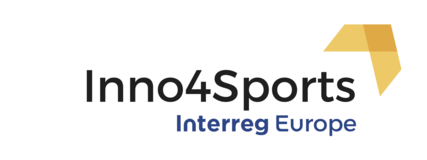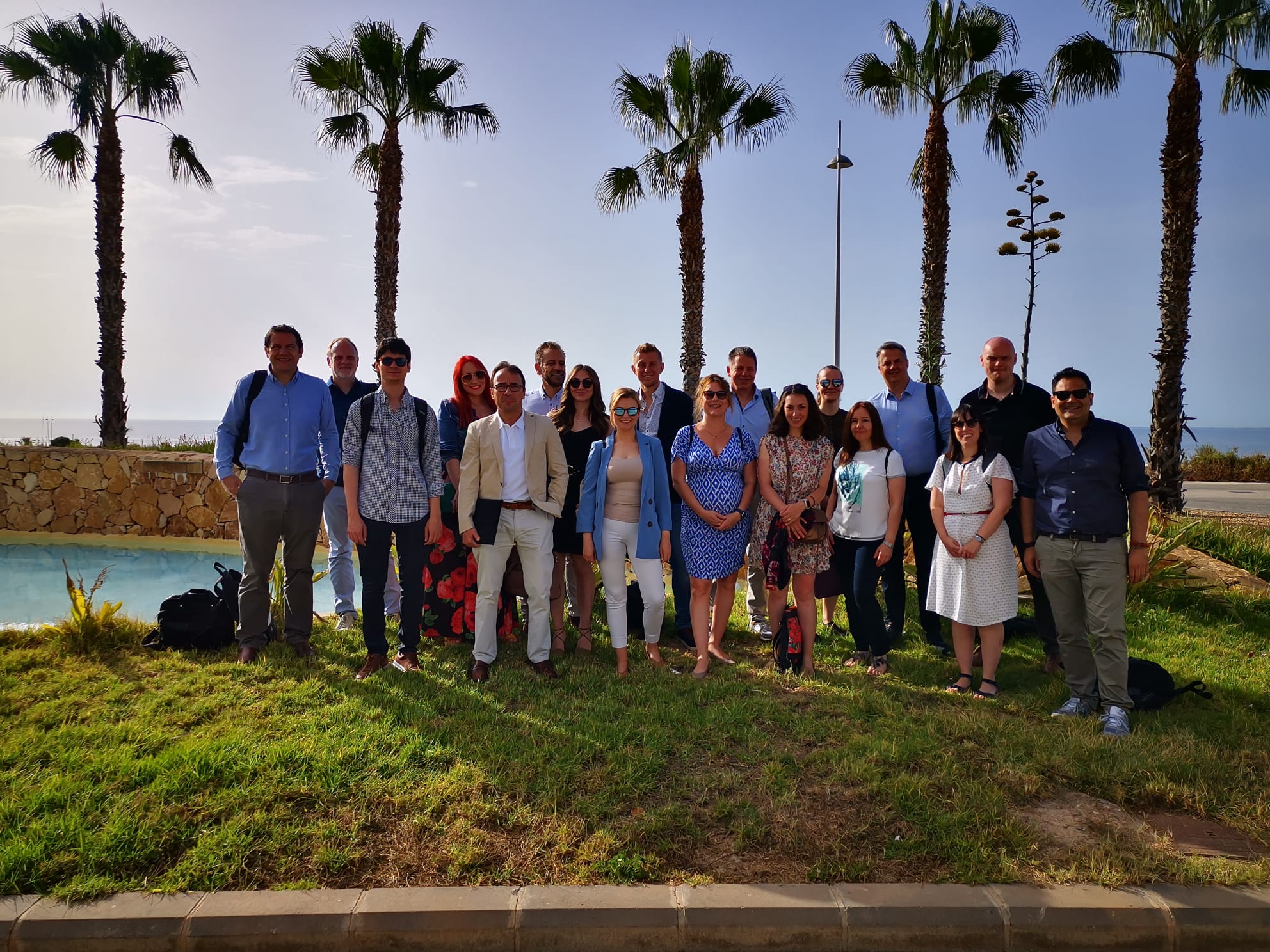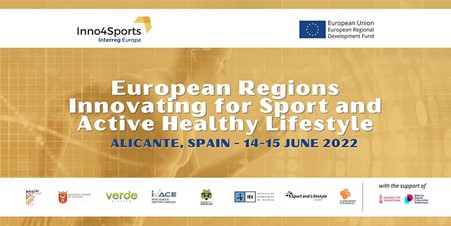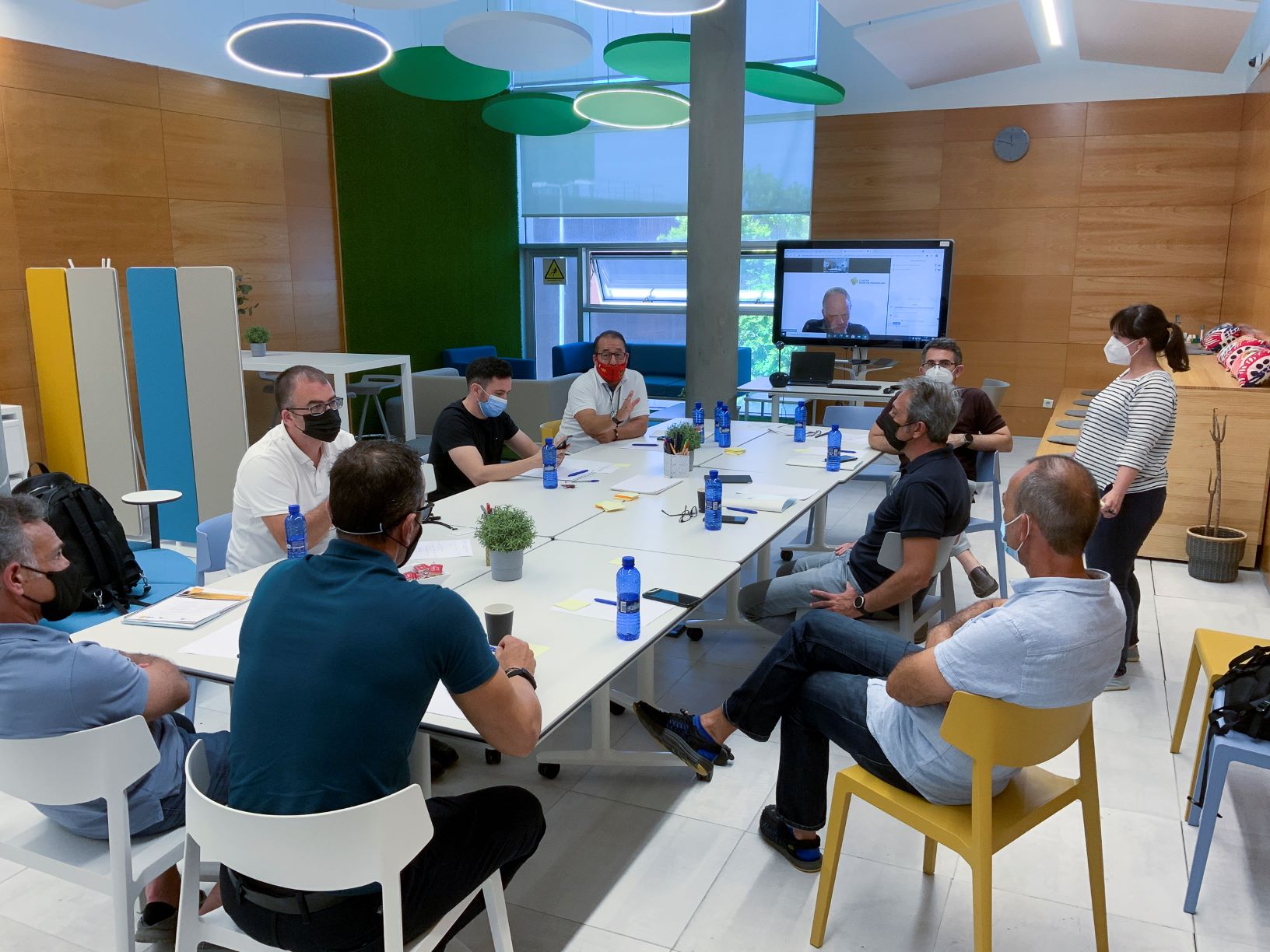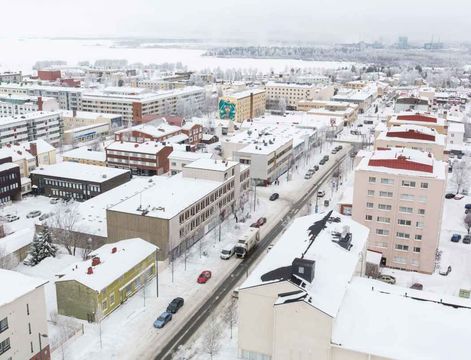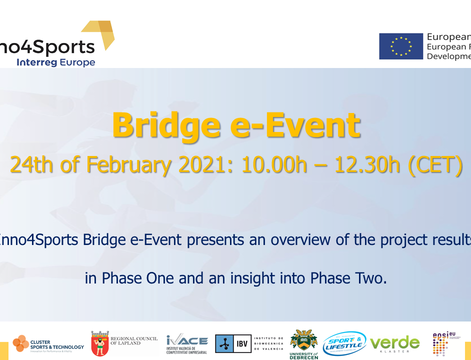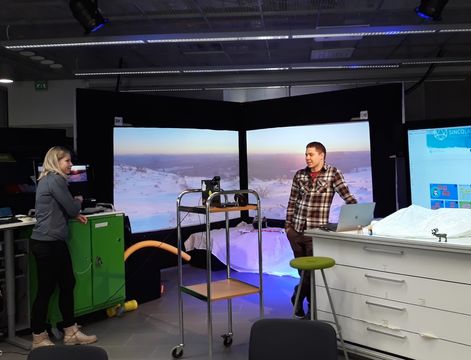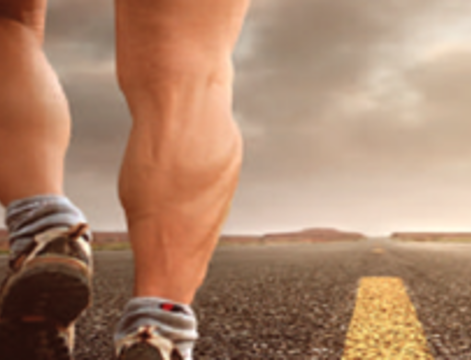Interregional Exchange (IE) and Knowledge Capitalization Seminar (KCS) Valencia 25th–28th of March 2019
“INNO4SPORTS WORKS ON THE ROAD MAP FOR THE FUTURE OF INNOVATION IN SPORTS”
After the Thematic Launching event of the 26th – 27th of September 2018 held in Debrecen (Hungary), the Inno4Sports Project Partnership has met again in Valencia for the Interregional Exchange and the first Knowledge Capitalization Seminar, the 25th – 28th of March 2019.
European experts from the field of sport together with national and local stakeholders have been hosted by the two Project Partners IBV and IVACE to analyze the key features for the future of sport.
40 participants, 20 papers, 7 debates and visits to more than 10 sports facilities in Valencia are just some numbers of the Valencia meeting.
On day one, the launching session included a debate on the “sports innovation ecosystems based in smart cities”. This has led to the following:
Crossovers between sports, health and tourism appear to have an incredible potential for future innovation and socio-economic development, both in terms of first and second level interactions. Indeed, it emerged that the sport innovation ecosystem needs to maintain a cross-sectoral approach based on the 4druple helix. The potential of this approach has been better highlighted in the discussion around how to successfully and effectively combine the tourism and sports sectors which both represent key forces for the development of regional growth. Finally, there has been a general consensus on how the importance of political stability is fundamental for the correct management of the sports realm.
At the end of the first day, the main conclusion emerged was the necessity to find innovative solutions to keep the sport sector up-to-date on new trends. A key suggestion focused on the transformation of urban areas in open and flexible spaces adaptable to future developments in the sport sector. On this regard, the real challenge is to develop a successful and sustainable business model for these type of new locations. The data gathered from the development and implementation of Smart Living Labs can be useful for public authorities meanwhile promoting environmental sustainability standards.
On day two, the audience focused on the importance to promote cross-over opportunities in the realm of sports with the aim being to create synergies and applications in other sectors. Furthermore, it has been discussed how local authorities should be included for effective promotion of such cross-over opportunities. Hence, the main idea is that sports can represent a creator of value and an accelerator of knowledge and technology for sectors like health care, tourism and urban planning.
On day three, the session focused on how clusters are the basis for sports innovation ecosystem. This has included debate around the cross-sectorial cluster, technology-based cluster, as well as, embedding the political perspective on clusters.
From this session, it emerged that connecting people, problems and solutions, market opportunities and companies are all key activities of clusters. Accordingly, target-users involvement is fundamental to identify innovation opportunities, as well as promoting the emergence of cross-sectoral clusters as a future concept. Nonetheless, it also emerged that sports clusters tend to evolve to 4druple helix ecosystems to become sustainable, whilst. private initiatives are fundamental for clusters success.
The final session was an interactive workshop on the potential role of universities, research centers, and urban facilities. This has been carried out by visiting the sports facilities of the Universitat Politècnica de València and through practical engagement in physical activities.
From the interactive workshop came out that the central role of sport in increasing the make the university attractiveness to students, as well as the importance to consider sport when planning urban development. Finally, it also emerged that Universities appear good candidates for offering smart place, data and smart facilities to the R&D&I activities.
Overall, the meeting in Valencia has been extremely useful to deeply understand the existing innovation ecosystem models. This has also allowed linking new tools and instruments such as Living Labs, Open Labs for and new technologies in order to address specific needs of the Sports Clusters.
IBV Article
